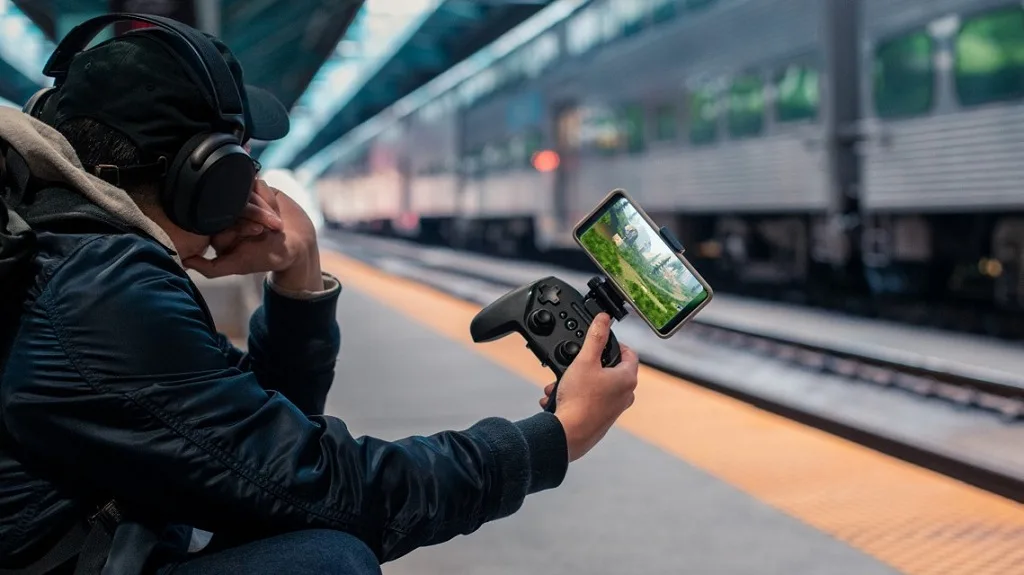
How Mobile Game Localization Helps Games Gain Popularity
Mobile game localization has become a critical aspect in the gaming industry, enabling developers to reach a global audience. In today’s competitive market, the success of a mobile game often hinges on its ability to appeal to players from different cultural backgrounds. This article explores how localization contributes to the popularity of mobile games, highlighting the importance of cultural adaptation, language translation, and the strategic use of local marketing techniques.
The Importance of Cultural Adaptation in Game Localization
Cultural adaptation goes beyond mere translation; it involves tailoring the game content to align with the cultural norms and preferences of different regions. For instance, certain symbols or themes that are acceptable in one country may be inappropriate or offensive in another. By adapting the game content to fit the cultural context, developers can ensure that players have a more enjoyable and engaging experience.
Successful cultural adaptation can significantly enhance player retention and satisfaction. For example, a game featuring characters, storylines, or settings that resonate with the local culture is likely to receive a warmer reception. This approach not only fosters a deeper connection with the players but also boosts word-of-mouth promotion, leading to increased downloads and player engagement.
Language Translation: Breaking Down Barriers
Language translation is a fundamental component of game localization. By providing localized versions of a game in multiple languages, developers can remove language barriers that might prevent potential players from enjoying the game. Accurate and contextually appropriate translations are crucial for maintaining the game’s narrative integrity and ensuring that instructions and dialogue make sense to the players.
Moreover, localized games often outperform their non-localized counterparts in terms of downloads and revenue. Players are more likely to engage with a game that is available in their native language, leading to higher user satisfaction and better reviews. This positive feedback loop can propel the game to higher rankings in app stores, further enhancing its visibility and attractiveness to new users.
Local Marketing Strategies: Reaching the Right Audience
Localization is not limited to in-game content; it also extends to marketing strategies. Localized marketing campaigns can significantly influence the success of a mobile game in different regions. This includes creating region-specific advertisements, collaborating with local influencers, and utilizing popular local social media platforms to promote the game.
For example, a marketing campaign that leverages local holidays, cultural events, or trends can generate buzz and attract a larger audience. Additionally, partnering with local influencers who have a strong following can amplify the game’s reach and credibility. By adopting these strategies, developers can effectively target and engage potential players in various markets.
Overcoming Technical Challenges in Localization
Localizing a mobile game involves several technical challenges, such as handling different character sets, text expansion, and ensuring compatibility with various devices and operating systems. Developers need to design their games with localization in mind from the outset to avoid costly and time-consuming revisions later.
Using localization tools and software can streamline the process, allowing for efficient translation and adaptation of game content. Additionally, implementing a robust testing phase to identify and fix localization issues is essential for delivering a seamless gaming experience to players worldwide.
Case Studies: Successful Localization Examples
Numerous mobile games have achieved global success through effective localization strategies. For instance, the game Clash of Clans has been localized into multiple languages and tailored to different cultural contexts, contributing to its widespread popularity. Similarly, Pokémon GO has leveraged localization to introduce region-specific Pokémon and events, enhancing its appeal to players in various countries.
These examples illustrate the potential of localization to transform a game from a regional success to a global phenomenon. By investing in localization, developers can tap into new markets and expand their player base, driving long-term growth and profitability.

The Future of Mobile Game Localization
As the mobile gaming industry continues to evolve, localization will play an increasingly vital role in the success of new games. Advances in technology, such as machine translation and artificial intelligence, are likely to make the localization process more efficient and cost-effective.
Furthermore, the growing importance of inclusivity and diversity in gaming underscores the need for culturally sensitive content. Developers who prioritize localization and embrace these trends will be better positioned to capture the attention and loyalty of a global audience.
The Strategic Advantage of Localization
In conclusion, mobile game localization is a strategic advantage that can significantly enhance a game’s popularity and success. By addressing cultural nuances, providing accurate translations, and implementing effective local marketing strategies, developers can create a more engaging and enjoyable experience for players worldwide. As the industry becomes increasingly competitive, localization will continue to be a key factor in distinguishing successful games from the rest.
